
Food & Drink
Discovering the legacy of Scouse, Liverpool’s signature dish
2 years ago
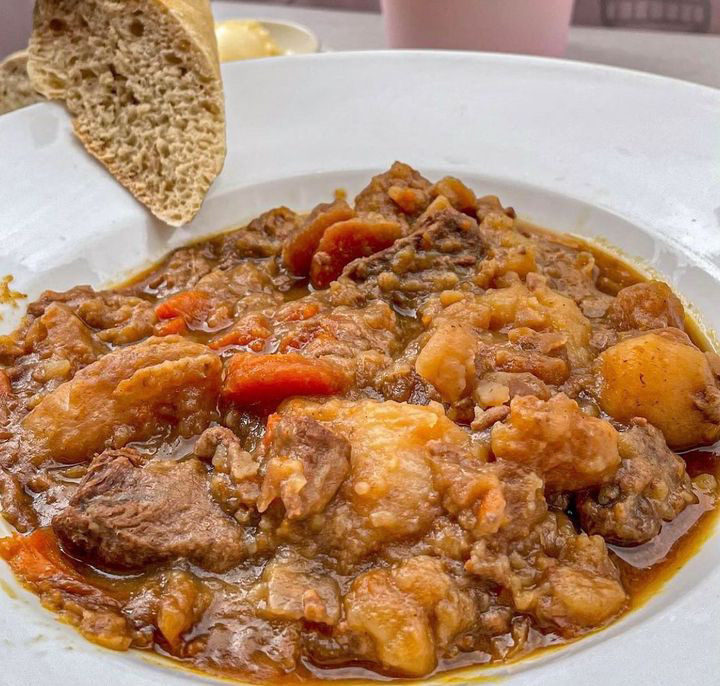
Today, 28 February, is Global Scouse Day, so let’s take a look at the origins of Liverpool’s iconic dish.
Scouse has become more than just a typical stew… it has become part of our very identity here in Liverpool.
Scouse, the dish, is a simple yet hearty stew traditionally made with meat (fight amongst yourselves as to whether it should be lamb or beef), onions, carrots, and potatoes. But back in the day it was traditionally made from whatever leftovers you might have in the house.
Its origins can be traced back to the 18th century when Liverpool emerged as a bustling port city. Sailors and workers from diverse backgrounds populated the docks, and Scouse quickly became a staple meal due to its affordability and ability to feed large groups.
Scouse is believed to have originated from the word “lobscouse,” which referred to a type of stew commonly eaten by sailors in Northern Europe, particularly Scandinavia and the Baltic region.
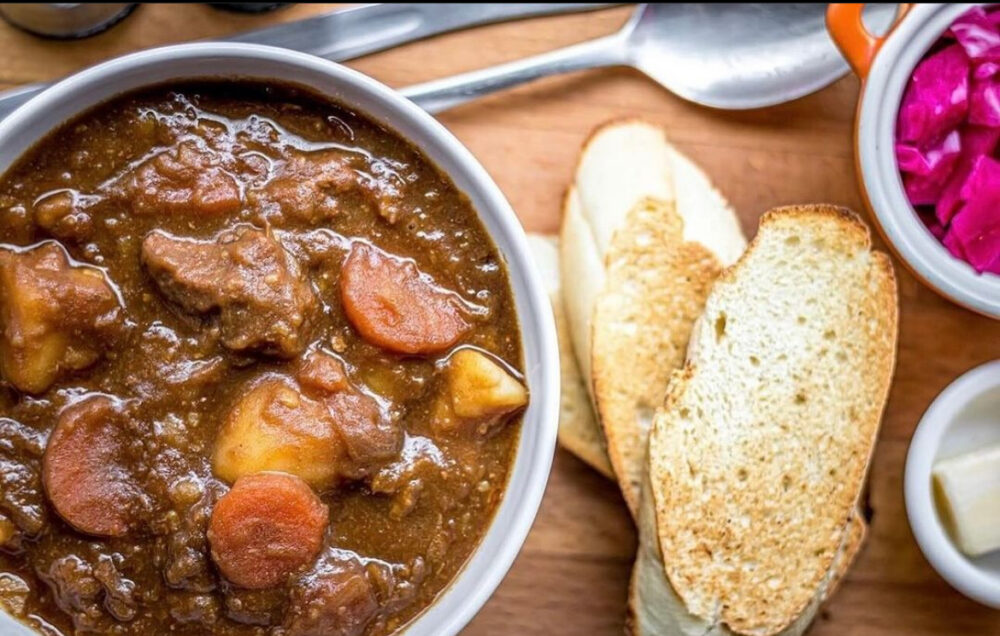
It is also said to share roots with the Norwegian lapskaus, Swedish lapskojs, Danish labskovs (skipperlabskovs), as well as the Low German labskaus, all referring to a stew enjoyed by these sailors.
In the 19th century, Scouse emerged as a staple among the less fortunate residents of Liverpool, Birkenhead, Bootle, and Wallasey due to its affordability and close ties to seafaring families.
Those unfamiliar with the local communities often labeled these individuals as “Scousers.”
In the poorest neighbourhoods of Liverpool, when financial resources were too limited to afford even the most inexpensive meat cuts, residents would prepare ‘Blind Scouse’ using only vegetables.
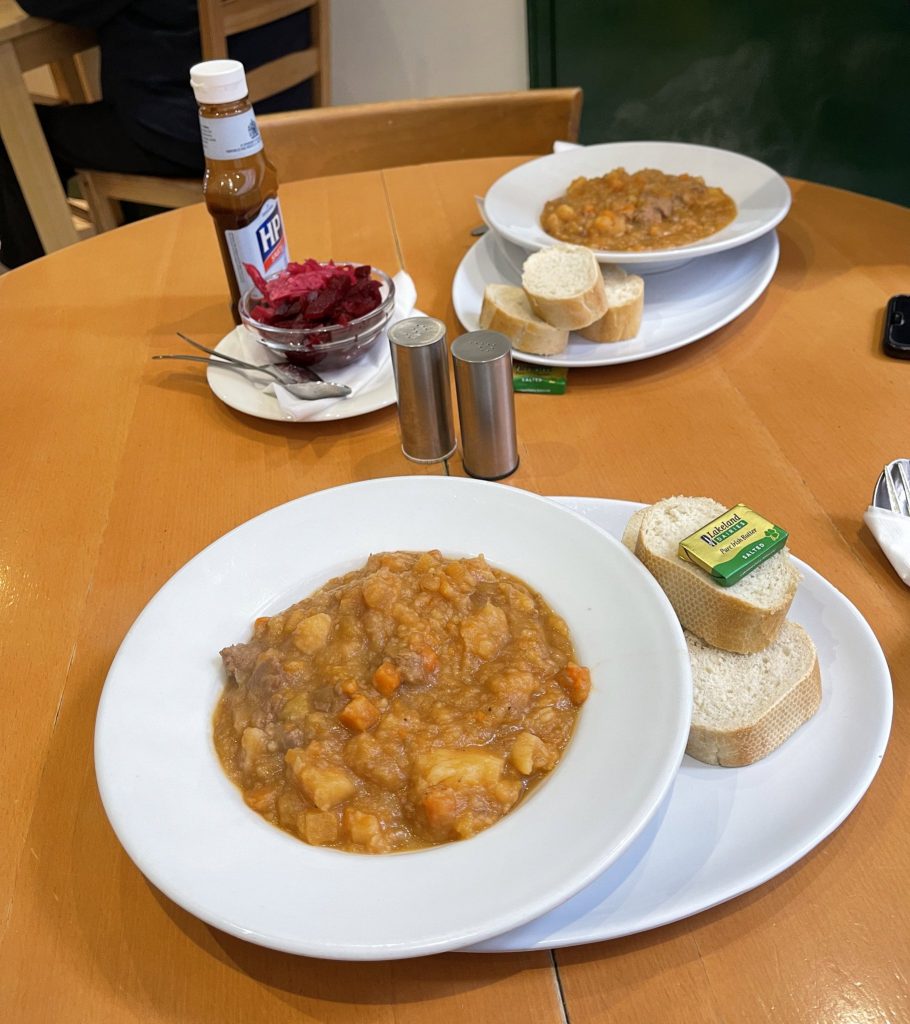
Over the years, Scouse has evolved, with variations emerging based on personal preferences and regional influences. While the traditional recipe remains popular, modern interpretations often feature additional ingredients such as cabbage, turnips, and spices.
Beyond its culinary appeal, Scouse holds a special place in Liverpool’s cultural identity. It symbolises resilience, community, and a shared history shaped by maritime trade and immigration.
As generations of Scousers passed down recipes and stories, Scouse became more than just a dish—it became a symbol of heritage and belonging.
In an ever-changing world, preserving traditions like Scouse becomes increasingly important. Organisations, restaurants, and community initiatives in Liverpool, such as Global Scouse Day, work to honour the city’s culinary heritage, ensuring that future generations can continue to enjoy this iconic dish and the stories it carries.
Whether enjoyed around the dinner table or out in one of the city’s fantastic restaurants, Scouse reminds us of the power of food has to connect us to our past and unite us in the present. As Liverpool continues to evolve, one thing remains certain: the legacy of Scouse will endure for generations to come.



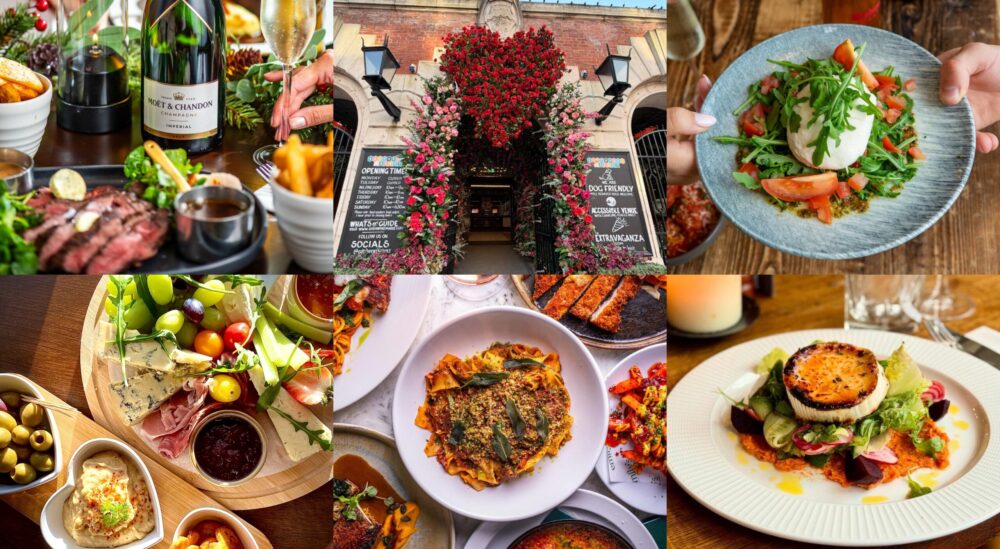
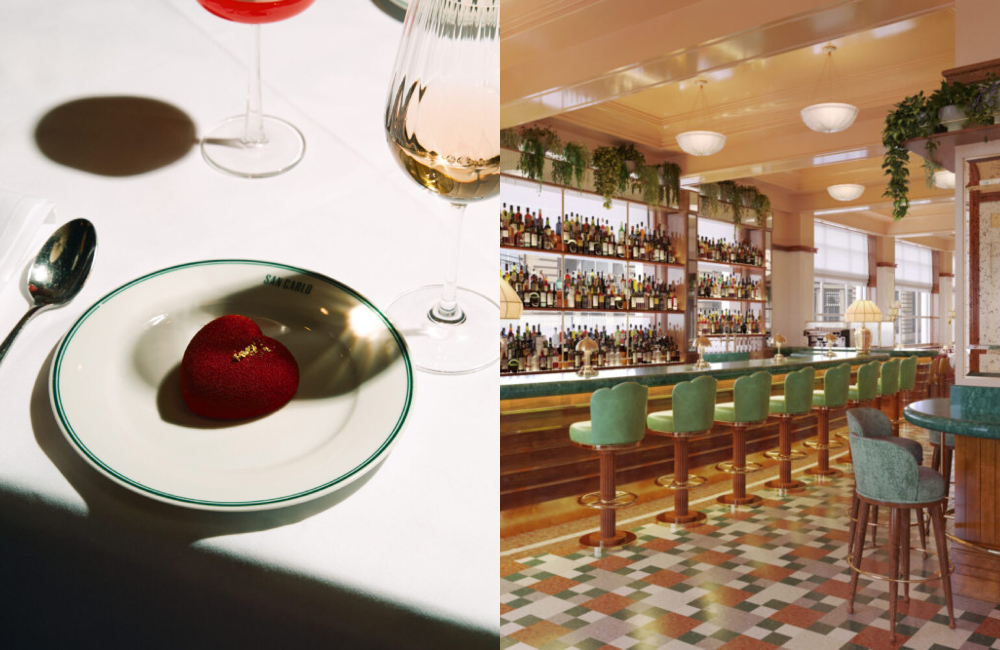
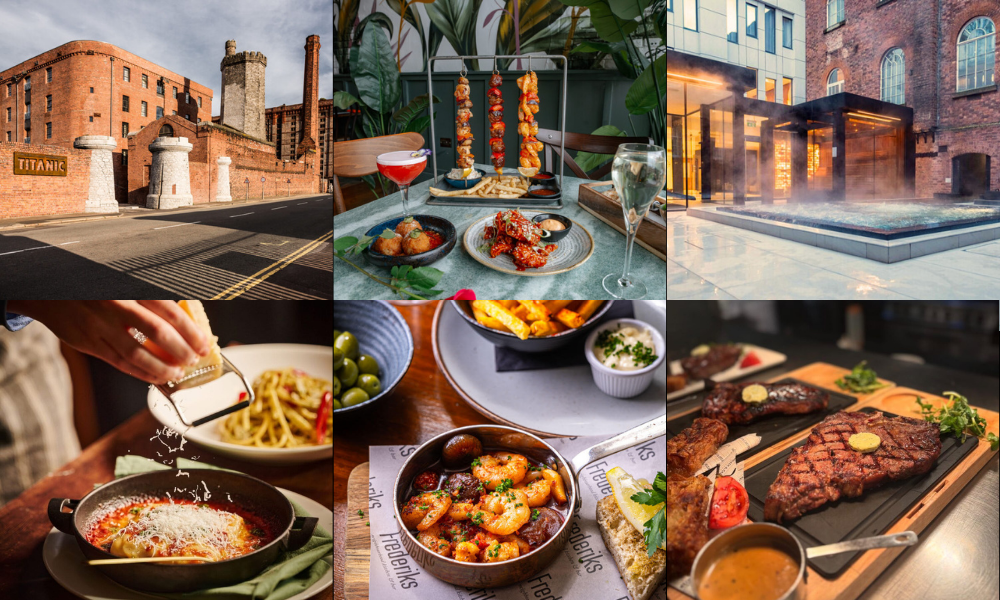

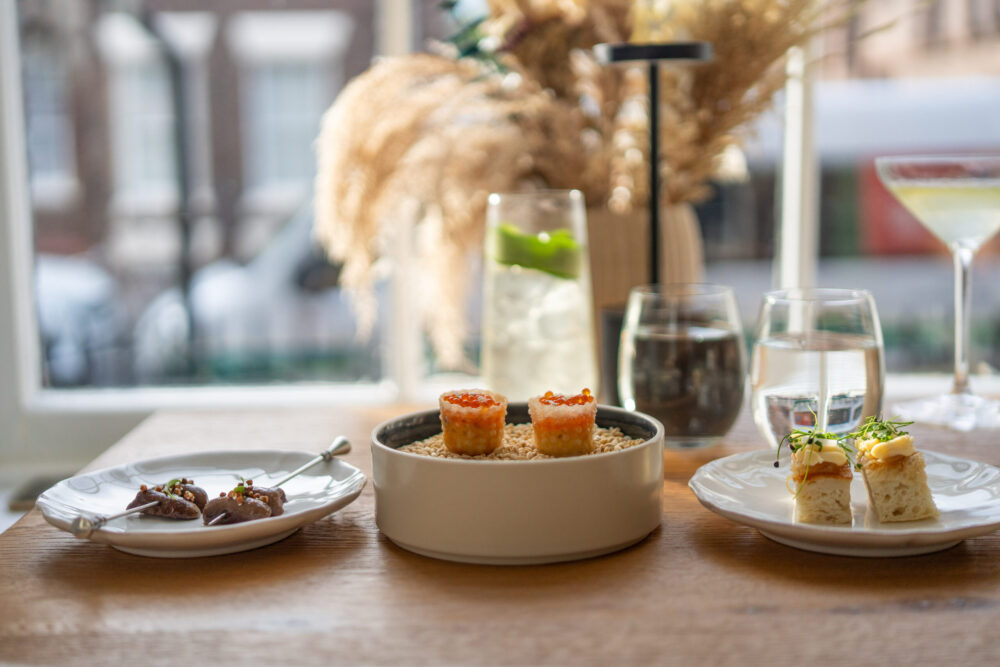
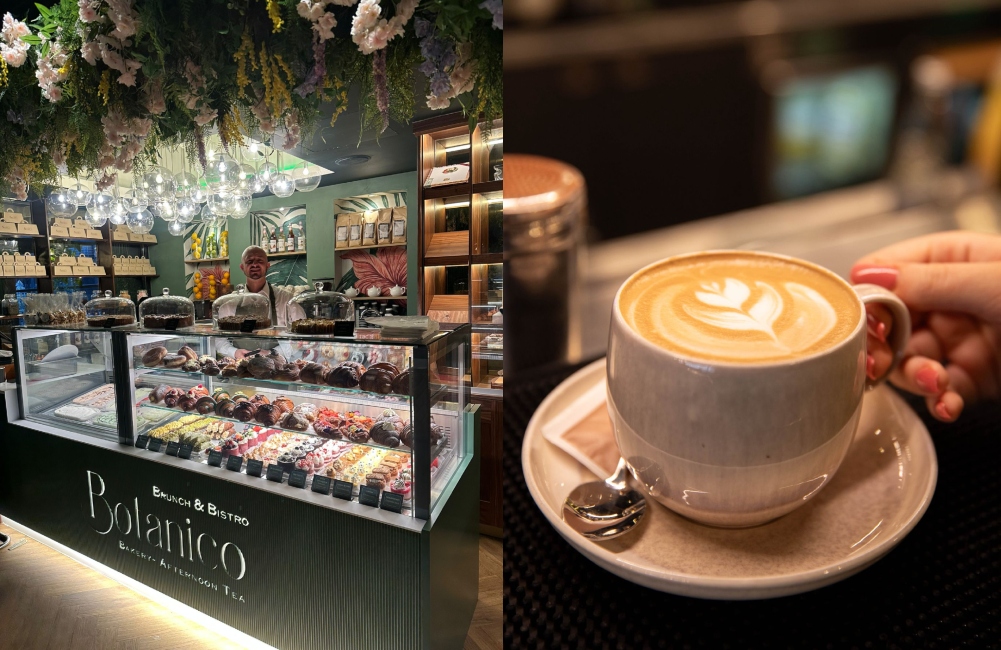
 Subscribe
Subscribe Follow Us
Follow Us Follow Us
Follow Us Follow Us
Follow Us Follow Us
Follow Us Follow Us
Follow Us











